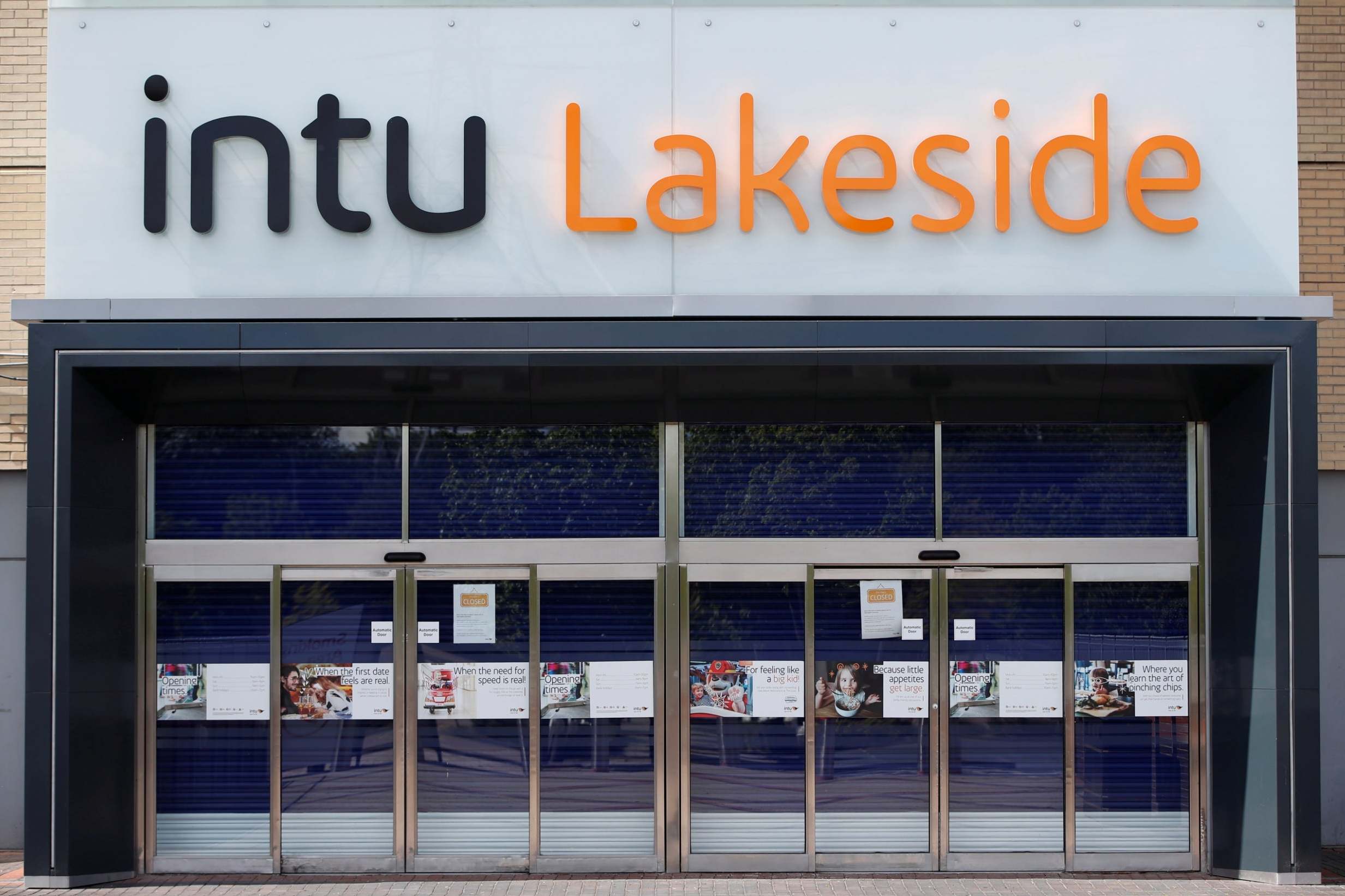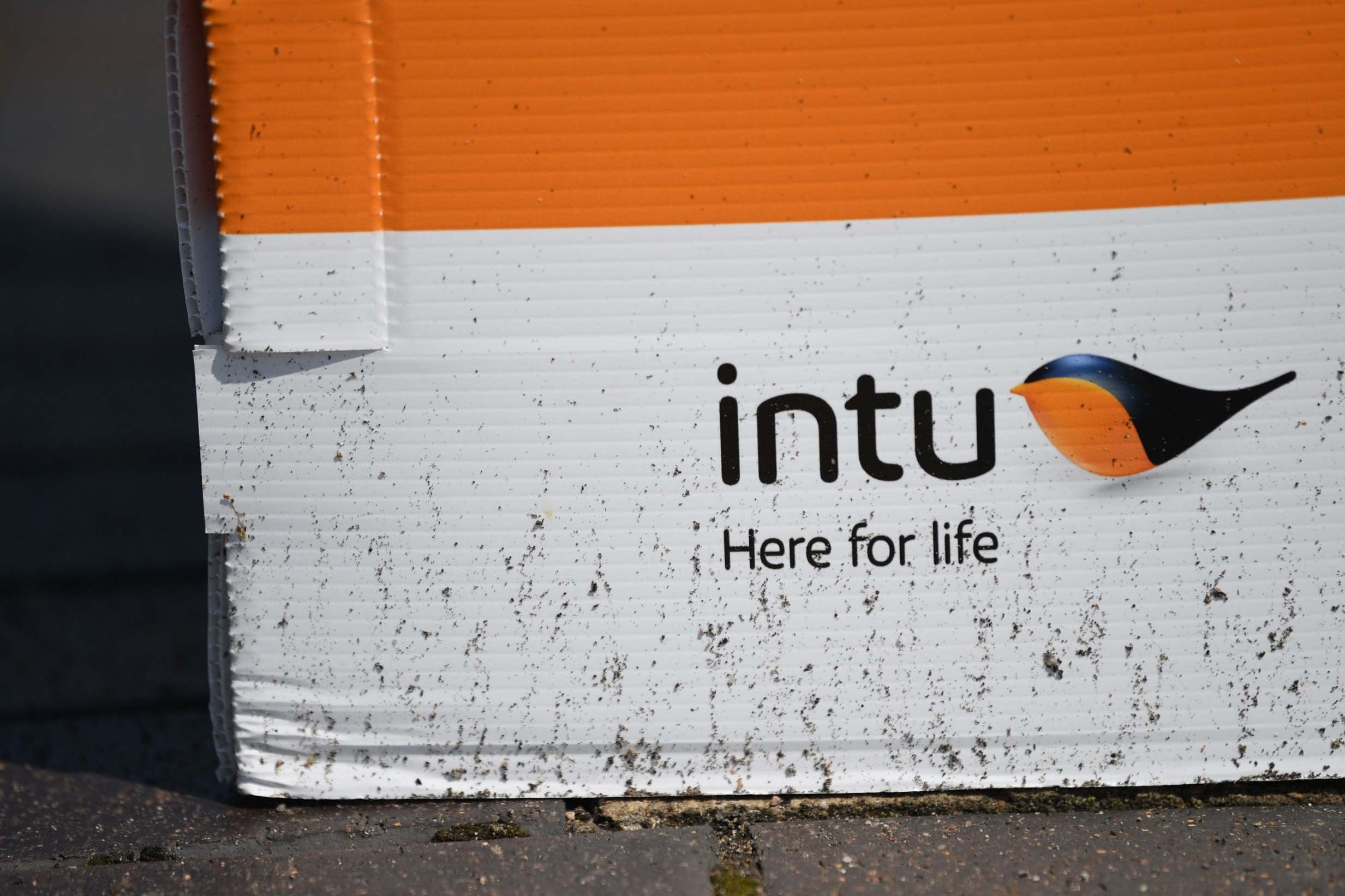Why has shopping centre giant Intu gone bust – and what does it mean?
Ben Chu considers whether the latest retail casualty is a direct result of the pandemic – and what its collapse means for the future of shopping


After months of lockdown, the UK’s shops have been given the green light by the government to reopen.
Yet Intu, the company that owns Manchester’s sprawling Trafford Centre, Essex’s Lakeside and Gateshead’s MetroCentre, announced on Friday that it has entered administration, putting thousands of jobs at risk.
So why has this retail leviathan collapsed?
Is it all because of the pandemic?
And what does its collapse mean for the future of shopping?
Is this all due to the lockdown?
The entire retail sector has been hit hard by the shop closures enforced to contain the coronavirus and retail landlords like Intu have been no exception.
Landlords have been unable to collect rent from many tenants during the period of the closures as retail tenants have either refused to pay – demanding discounts – or have simply been unable to do so.
In March, as the lockdown started, Intu said that it received just 29 per cent of the rent it was due. Arrears are likely to have soared even further since then.
But Intu was in financial difficulty before the lockdown as a result of its high levels of corporate debt – some £4.5bn.
It reported a £2bn loss in 2019, after writing down the value of its estate.
The lockdown shock appears to have pushed it over the edge, with the collapse in revenue meaning it breached the terms of agreements with its creditors.
And Intu has been unable to renegotiate them.
What happens next?
Administration means that it will be possible for other investors to buy up Intu’s assets – comprising 17 shopping centres – cheaply.
That means in theory that it could continue to trade as a whole unit.
But analysts think it’s more likely that the group will be broken up.
“The chances of a white knight riding to the rescue are practically non-existent at this point, with the future of Intu’s assets likely to be more akin to vultures picking over its carcass,” says Russ Mould of the stockbroker AJ Bell.

Many jobs are likely to be retained in the transition. But in administrations there also often redundancies, which is worrying for Intu’s 2,500 employees.
A further 102,000 work for the shops within Intu’s shopping centres.
What does this mean for places that rely on a shopping centre?
It could cost Intu’s creditors millions of pounds, on top of their other losses, to keep the company’s centres open through the administration process so there could be temporary closures as the future ownership of Intu’s assets is decided.
But it’s unlikely that estates like the Trafford Centre and Lakeside will be permanently shuttered.
These sites still attract tens of millions of shoppers a year so there remains considerable value to be tapped by new owners.
The fate of some smaller centres around the UK may be less assured however.
And there is a bigger question mark over the future of retail which Intu’s crisis highlights.
There had been a growing shift to online shopping before the pandemic and the lockdown seems likely to accelerate that trend.
That’s been very bad news for high street shops and it may could ultimately start to hurt large out-of-town shopping centres too.
One of the reasons for Intu’s troubles is that its shopping centres simply turned out not to be worth as much as the company thought they were.
Join our commenting forum
Join thought-provoking conversations, follow other Independent readers and see their replies
Comments